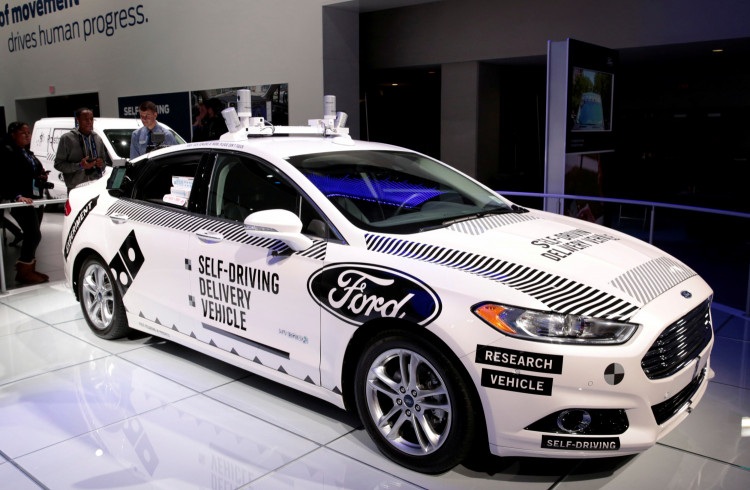As the tech and auto industry continue to integrate their technologies together, the world is getting closer to fully automated and driverless cars. With the recent surge in demand for electric vehicles, it would appear that this might be the right course for the future. However, the recently released study suggests otherwise.
According to the study released by notable global marketing information services firm JD Powers, consumers are not excited about the development nor the implementation of fully autonomous and self-driving cars, as well as electric cars. JD Powers concluded that its respondents showed little or low level of confidence when it comes to autonomous cars. As for electric cars, the study's respondents only have a neutral level of confidence.
This is a rather surprising result, especially if one has to account the recent rise in terms of units sold of electric cars. Moreover, electric car manufacturers like Tesla continue to claim that aside from rising sales level, the market is also slowly turning towards electric cars.
The recent report was sourced from JD Power's Mobility Confidence Index Study and was conducted in collaboration with SurveyMonkey. The study pooled 5,749 consumers who were asked various questions about self-driving cars. Another 5,270 consumers were polled about how they feel about all-electric cars.
JD Powers claim that the results of the two polls were then subjected to a 100-point scale. Based on the results, the firm concluded that the respondents have little interest towards self-driving cars and electric cars. Based on the 100-point scale, interest towards self-driving cars only scored 36 out of 100, while interests towards electric vehicles scored 55 points out of 100.
JD Powers has yet to publish the full report of it study. However, the firm did confirm that the respondents of its study regarding self-driving vehicles have confided quite a number of concerns about riding the cars themselves. The firm reported that 71 percent of its respondents said that they are worried about possible technical malfunctions once they are inside a self-driving car. More than half, or 57 percent, of the respondents, said that they are concerned about the possibility of an autonomous vehicle being hacked. Lastly, 68 percent of the study's respondents have said that they had "little to no knowledge about self-driving vehicles."
As for respondents of its study about electric vehicles, JD Powers claimed that the main concern among the respondents is the mileage of electric cars. The firm added that 64 percent of the respondents are concerned about the lack of charging infrastructure, while 74 percent of the respondents have confided that they are not willing to wait for more than 30 minutes just to charge up their electric vehicles.






